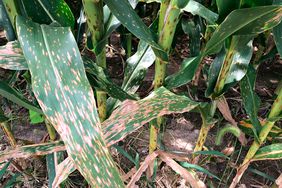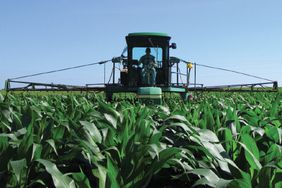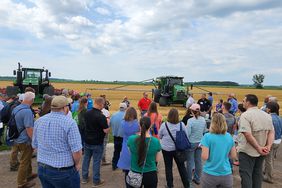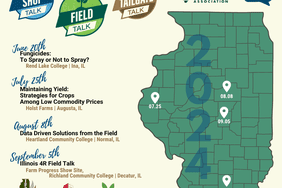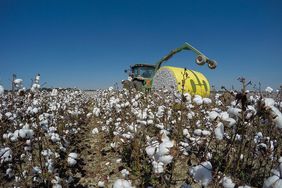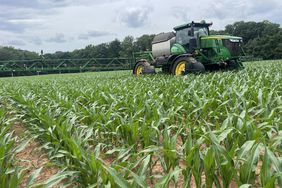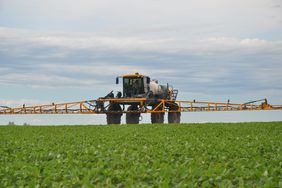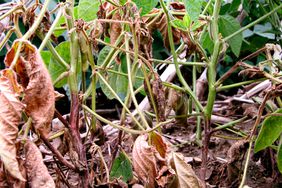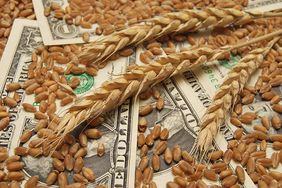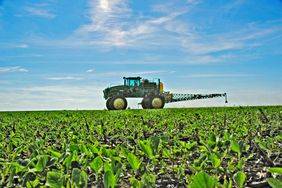:max_bytes(150000):strip_icc()/IMG_20240524_091437349-1754de807e334eb4ba5875f2eb701a3a.jpg)
According to the most recent USDA Ag Census, Black farmers account for less than 2% of the 1.9 million U.S. growers, and a very small percentage of those are commodity crop farmers.
Bill Bridgeforth is a fourth-generation farmer in Tanner, Alabama, west of Huntsville. Along with his brother and sons, he tends 10,000 acres of cotton, corn, canola, wheat, and soybeans, using a variety of cutting-edge agronomic techniques and land conservation practices. He recently welcomed about 200 farmers to his property for a farm tour hosted by the National Black Growers Council (NBGC). This is the fifth time Bridgeforth has hosted a Model Farm Tour for NBGC.
“We have a lot of innovative farmers here in north Alabama. We’ve been able to see what they’re doing and it’s improved our farming,” Bridgeforth says. “We like the idea of being an asset to help others do a better job on their farm.”
The NBGC’s mission is to improve the efficiency, productivity, and sustainability of Black row crop farmers, says Loston Rowe, the group’s interim director. “Being a minority farmer can be isolating. We do a lot of networking and sharing, especially new technologies for crop production,” he says. “There’s a historical context that Black farmers haven’t always been in the know on new technologies and programs, so we still advocate and share ideas on how we can sustain farmers and maintain a positive outlook looking forward.”
One way NBGC does this is through its Field Days and also through nurturing the next generation — not just of farmers but other career opportunities in agriculture. “One thing we try to do as an organization is take every opportunity to share not just production but the overall ag industry,” Rowe says. “You can be a journalist for Successful Farming and write about agriculture or be a business person in accounting for an agricultural company. We’re trying to bring visibility to opportunities beyond the farm gate.”
“When I go to an office, I can work with anybody,” Bridgeforth says. “But when I go to an office and I see a Black man or a Black woman serving their community and serving the farmers, I’m proud of it.”
Bridgeforth knows that farmers who travel to attend a field day are taking time away from important tasks. He says he hopes participants come away from the Model Field Days with new ideas they can use on their farms, as well as a better understanding of available opportunities.
“Farming is a risky business, it's a cyclical business, so you’re going to have ups and downs,” he says. “I hope they come away with an understanding of technologies and programs from USDA-NRCS, FSA, and RMA that can be an asset to help manage that risk.”
For more information about NBGC and the Model Farm Series, visit https://nationalblackgrowerscouncil.com/.
:max_bytes(150000):strip_icc()/AdrienneHeld4x5crop-a7e3515671bc41c28273a85982f2c67e.jpg)

